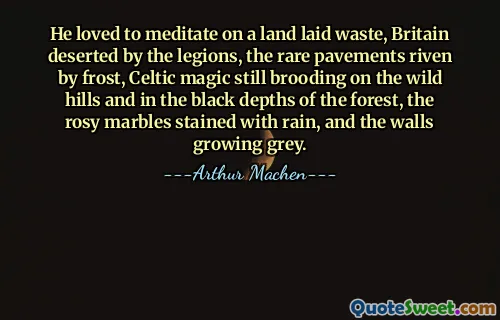I am no scientist. I explore the neighborhood. An infant who has just learned to hold up his head has a frank and forthright way of gazing about him in bewilderment. He hasn't the faintest clue where he is, and he aims to find out. In a couple of years, what he will have learned instead is how to fake it: he'll have the cocksure air of a squatter who has come to feel he owns the place. Some unwonted, taught pride diverts us from our original intent, which is to explore the neighborhood, view the landscape, to discover at least where it is that we have been so startlingly set down, if we can't learn why.
In her book "Pilgrim at Tinker Creek," Annie Dillard expresses a profound observation about the nature of exploration and curiosity. She draws a parallel between an infant, who innocently surveys their surroundings with wonder, and how, over time, individuals often lose that genuine sense of inquiry. As we grow, we tend to adopt a façade of confidence, masking our ignorance and distancing ourselves from the instinctive desire to truly engage with the world around us.
Dillard emphasizes that this shift from authentic exploration to a superficial sense of ownership can divert us from the core purpose of discovery. Instead of embracing the unknown and seeking understanding, we often settle into a comfortable but uninspired complacency. She suggests that reconnecting with the openness and curiosity of infancy might lead to a more fulfilling engagement with life's mysteries, prompting us to genuinely explore our "neighborhood" and appreciate our place within it.

